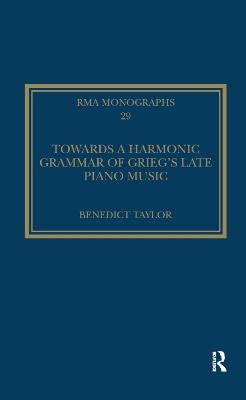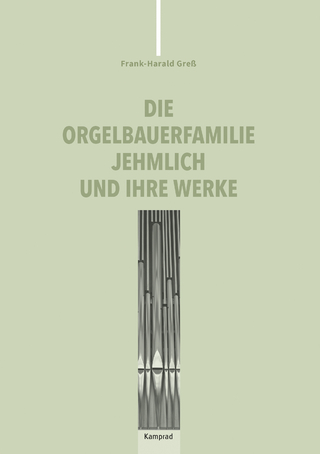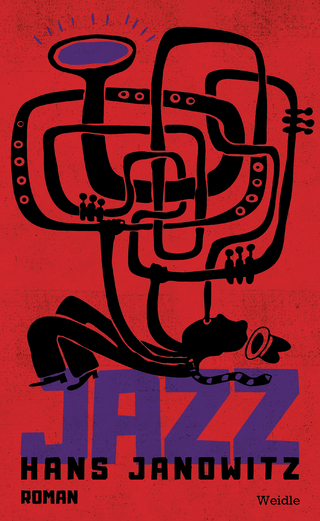
Towards a Harmonic Grammar of Grieg's Late Piano Music
Nature and Nationalism
Seiten
2019
Routledge (Verlag)
978-0-367-88065-1 (ISBN)
Routledge (Verlag)
978-0-367-88065-1 (ISBN)
- Titel z.Zt. nicht lieferbar
- Versandkostenfrei
- Auch auf Rechnung
- Artikel merken
Edvard Grieg was enchanted by what he styled the ‘dreamworld’ of harmony, a magical realm whose principles the composer felt remained a mystery even to himself, and he was not alone in that the complex nature of late-Romantic harmony has proved a source of debate up to the present day. Grieg’s later piano music forms a particularly profitable re
The music of Edvard Grieg is justly celebrated for its harmonic richness, a feature especially apparent in the piano works written in the last decades of his life. Grieg was enchanted by what he styled the ’dreamworld’ of harmony, a magical realm whose principles the composer felt remained a mystery even to himself, and he was not alone, in that the complex nature of late-Romantic harmony around 1900 has proved a keen source of debate up to the present day. Grieg’s music forms a particularly profitable repertoire for focusing current debates about the nature of tonality and tonal harmony. Departing from earlier approaches, this study is not simply an inventory of Griegian harmonic traits but seeks rather to ascertain the deeper principles at work governing their meaningful conjunction, how elements of Grieg’s harmonic grammar are utilised in creating an extended tonal syntax. Building both on historical theories and more recent developments, Benedict Taylor develops new models for understanding the complexity of late-Romantic tonal practice as epitomised in Grieg’s music. Such an investigation casts further valuable light on the twin issues of nature and nationalism long connected with the composer: the question of tonality as something natural or culturally constructed and larger historiographical claims concerning Grieg’s apparent position on the periphery of the Austro-German tradition.
The music of Edvard Grieg is justly celebrated for its harmonic richness, a feature especially apparent in the piano works written in the last decades of his life. Grieg was enchanted by what he styled the ’dreamworld’ of harmony, a magical realm whose principles the composer felt remained a mystery even to himself, and he was not alone, in that the complex nature of late-Romantic harmony around 1900 has proved a keen source of debate up to the present day. Grieg’s music forms a particularly profitable repertoire for focusing current debates about the nature of tonality and tonal harmony. Departing from earlier approaches, this study is not simply an inventory of Griegian harmonic traits but seeks rather to ascertain the deeper principles at work governing their meaningful conjunction, how elements of Grieg’s harmonic grammar are utilised in creating an extended tonal syntax. Building both on historical theories and more recent developments, Benedict Taylor develops new models for understanding the complexity of late-Romantic tonal practice as epitomised in Grieg’s music. Such an investigation casts further valuable light on the twin issues of nature and nationalism long connected with the composer: the question of tonality as something natural or culturally constructed and larger historiographical claims concerning Grieg’s apparent position on the periphery of the Austro-German tradition.
Benedict Taylor is Chancellor’s Fellow in the Reid School of Music, University of Edinburgh. He is the author of Mendelssohn, Time and Memory: The Romantic Conception of Cyclic Form (Cambridge, 2011) and The Melody of Time: Music and Temporality in the Romantic Era, forthcoming from Oxford in 2015.
List of Figures
List of Musical Examples
Acknowledgements
Introduction: Enticements
1 Extending Tonality: Klang, Added-Note Harmonies, and the Emancipation of Sonority
2 Modality and Scalar-Modulation
3 Systematisation:
Chromaticism, Interval Cycles and Linear Progressions
Conclusion: Nature and Nationalism
Bibliography
Index of Grieg’s Works Cited
General Index
| Erscheinungsdatum | 16.12.2019 |
|---|---|
| Reihe/Serie | Royal Musical Association Monographs |
| Verlagsort | London |
| Sprache | englisch |
| Maße | 150 x 244 mm |
| Gewicht | 320 g |
| Themenwelt | Kunst / Musik / Theater ► Musik ► Instrumentenkunde |
| Kunst / Musik / Theater ► Musik ► Klassik / Oper / Musical | |
| Kunst / Musik / Theater ► Musik ► Musiktheorie / Musiklehre | |
| ISBN-10 | 0-367-88065-2 / 0367880652 |
| ISBN-13 | 978-0-367-88065-1 / 9780367880651 |
| Zustand | Neuware |
| Informationen gemäß Produktsicherheitsverordnung (GPSR) | |
| Haben Sie eine Frage zum Produkt? |
Mehr entdecken
aus dem Bereich
aus dem Bereich
Buch | Softcover (2024)
Edition Zwischentöne (Verlag)
CHF 26,60
Roman
Buch | Hardcover (2024)
Wallstein Erfolgstitel - Belletristik und Sachbuch (Verlag)
CHF 27,95


